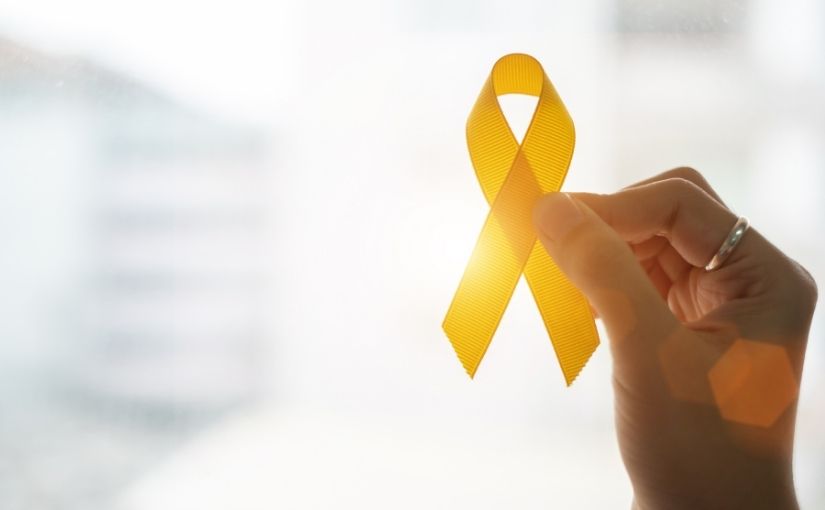In fall 2020, the National Suicide Hotline Designation Act was passed by Congress establishing 988 as a three-digit nationwide mental health and suicidal crisis number to be available in communities by July 2022. The implementation of 988 will involve making sure appropriate resources, funding, staffing and infrastructure are in place for a successful rollout across the country. However, while establishing this easy-to-remember crisis number is a landmark first step, our nation needs more than a number. We need complete and robust crisis response services in every community that provide a mental health response to mental health crises.
WHAT SHOULD THE CRISIS STANDARD OF CARE LOOK LIKE?
NAMI is leading efforts to urge policymakers to invest in a crisis system that provides people with someone to talk to, someone to respond and somewhere to go. It will take federal, state and local action to implement the crisis standard of care in every community to ensure everyone in crisis gets the help they need, when they need it.
In addition to calling on federal policymakers to require that crisis services be covered by all health insurers and to provide substantial funding to states to cover services and costs that can’t be billed to insurance, mental health advocates need to urge their state leaders to action. Advocates must educate state policymakers about how our current response to crisis falls short, and how a reimagined crisis response system will help. This system should include:
- 24/7 Crisis Call Centers “Someone to talk to” All calls to 988 should be answered locally by staff who are well-trained and experienced in responding to a wide range of mental health, substance use and suicidal crises. Crisis call centers should be able to connect people to local services, including dispatching mobile crisis teams and scheduling follow-up appointments with local providers.
- Mobile Crisis Teams “Someone to respond” Mobile crisis teams should be available for people in crisis who need more support than can be offered over the phone. Staffed by mental health professionals, including peers, these teams can de-escalate crisis situations and connect a person to crisis stabilization programs or other services. Mobile crisis teams should collaborate closely with law enforcement, but only include police as co-responders in high-risk situations.
- Crisis Stabilization Programs “Somewhere to go” Some individuals in crisis will need more assistance from crisis stabilization programs that provide short-term observation and stabilization. These trauma-informed programs may also identify additional treatment needs and provide a “warm hand-off” to follow-up care, from peer supports and outpatient services to more intensive services, such as hospitalization.
Together, we can help to prevent suicide by reaching out when someone is exhibiting the signs of a mental health crisis. These have all been shared with you during the month of September and can be accessed at https://thepalms.org/Tools2Thrive/. The current suicide prevention hotline is 800.273.TALK.
